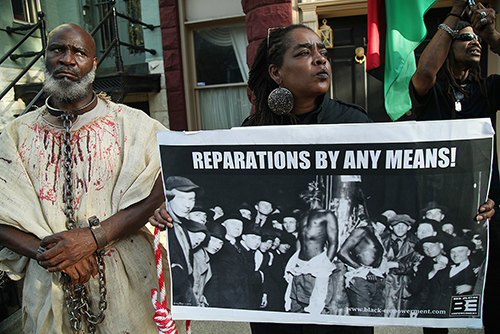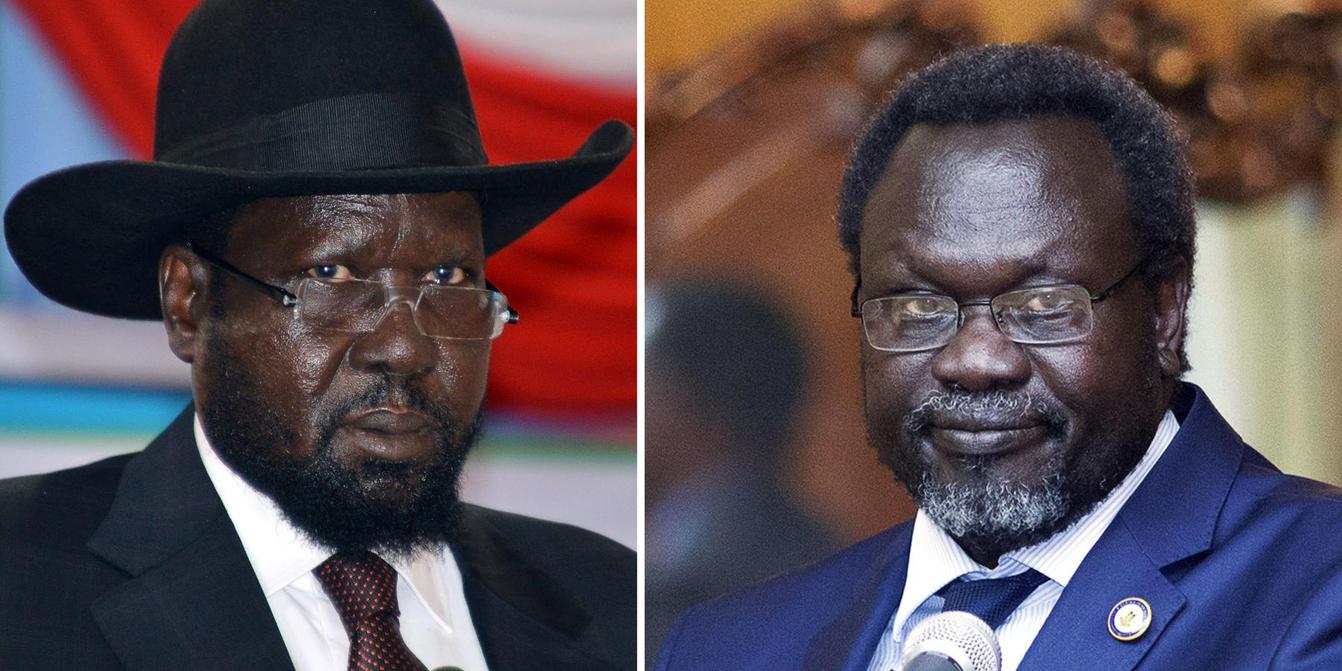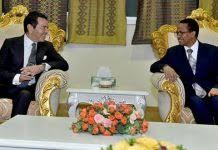As the African Union (AU) prepares for its 38th summit in Addis Ababa, a central topic will be a joint push for reparations tied to the transatlantic slave trade and colonialism.
African leaders aim to define a “unified vision” for reparations, which includes financial compensation, formal acknowledgment of historical wrongs, and comprehensive policy reforms. The AU’s reparations agenda, adopted in February 2023, seeks to address the lasting effects of slavery and colonial exploitation on Africa’s economic development and systemic inequality. Beyond financial reparations, the agenda calls for land restitution and the return of cultural artifacts looted during colonial rule. Discussions will also focus on combating economic inequality, systemic racism, and Africa’s marginalization in global affairs.
The initiative has garnered significant support across Africa and the African diaspora, as evidenced during the recent Civil Society Pre-Summit Symposium with a theme of “Justice for Africans and People of African Descent Through Reparations”. The meeting, hosted by the African Union Economic, Social and Cultural Council (ECOSOCC), highlighted the enduring impact of colonization, trans-Atlantic slavery, and systemic discrimination on global inequality and Africa’s underdevelopment. According to William Carew, head of ECOSOCC secretariat, “reparations are about more than just compensation; they represent a commitment to restoring cultural identity, empowering communities, and fostering sustainable
development.”
However, the push faces strong opposition from Western leaders, with US president Donald Trump and several European officials, having rejected the idea of reparations, with some going as far as dismissing even the possibility of meaningful dialogue. Despite these challenges, the AU remains steadfast in its commitment, with civil society groups and scholars advancing the conversation. The AU aims to create a broad coalition for reparations, involving not just financial restitution but a restoration of dignity and identity for African people, both on the continent and globally. However, the success of these efforts may depend on overcoming significant resistance from former colonial powers.



